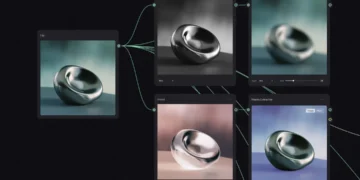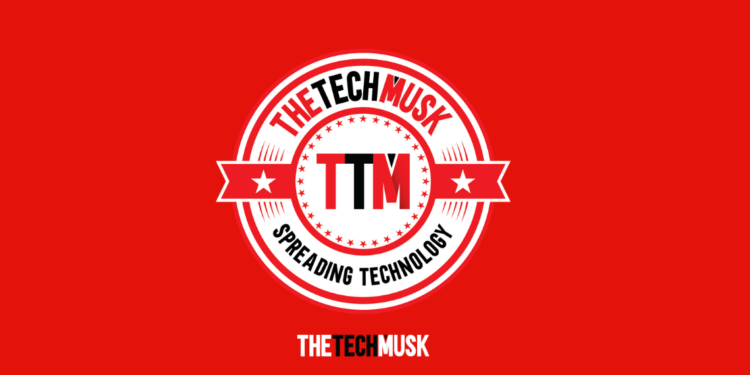To gain insights into the future of work shaped by advanced technology, we’ve gathered four unique perspectives from industry leaders, including a Project Delivery Manager and a Strategy Director. From the revolution of design and prototyping through 3D printing to the efficiency boost from project management tools, explore how these experts envision the transformative impact of technology on our work.
- 3D-Printing Revolutionizes Design and Prototyping
- BIM Transforms Architectural Design Process
- VR and AR Enhance Job Training
- Project Management Tools Boost Team Efficiency
3D-Printing Revolutionizes Design and Prototyping
Recently, I came across a software solution called Cubicure, which deals with 3D-printing technologies. As someone passionate about designing and prototyping, the possibilities astounded me this technology opened up for my field! I could bring my intricate designs to life more quickly and with greater precision than ever before, all while reducing waste and streamlining production times.
This is just one example of how technology is revolutionizing our workspaces and empowering creatives like me to achieve our goals more efficiently and sustainably.
Naveen Malhotra, Project Delivery Manager, Gleexa
BIM Transforms Architectural Design Process
Tech advancements are playing a crucial role in shaping the work of the future, transforming industries, and revolutionizing productivity. An example is in the field of architectural design.
With advanced tools like Building Information Modeling (BIM), architects can now create and manage digital representations of buildings, promoting efficiency and reducing errors. This use of technology in architecture streamlines the design process, enhances collaboration among stakeholders, and allows for better visualization.
Ultimately, this technology is steering us towards a more elegant and efficient method of planning and executing architectural projects.
Abid Salahi, Co-Founder and CEO, FinlyWealth
VR and AR Enhance Job Training
The future of work is being changed by new technologies in many ways. One example is how virtual reality (VR) and augmented reality (AR) are being used to train people for jobs and help them improve their skills. These immersive technologies let workers go through training scenarios that feel more like the real world. This makes learning more fun and useful.
In the healthcare field, for example, surgeons can practice difficult operations in a virtual setting with no risk before doing them on actual patients. This not only helps people learn new skills, but it also lowers the chance of mistakes and boosts total job performance. This shows how advanced tools are changing the way we learn and improve skills at work.
Jay Toy, General Manager, 88stacks
Project Management Tools Boost Team Efficiency
Technologically advanced tools are significantly shaping the work of the future by automating organization and enhancing overall team efficiency.
One example of this is the rise of project management and collaboration platforms like Monday.com. These tools offer features like automated task assignment, real-time progress tracking, and data analytics, which streamline project organization and keep teams synchronized. With automation, team members can spend more time on strategic decision-making and creative tasks rather than manual administrative work.
This not only boosts productivity but also ensures that teams are better organized and can adapt swiftly to changing requirements and challenges, reflecting the way technology is reshaping the future of work.
Aaron Winston, Strategy Director, Express Legal Funding






























